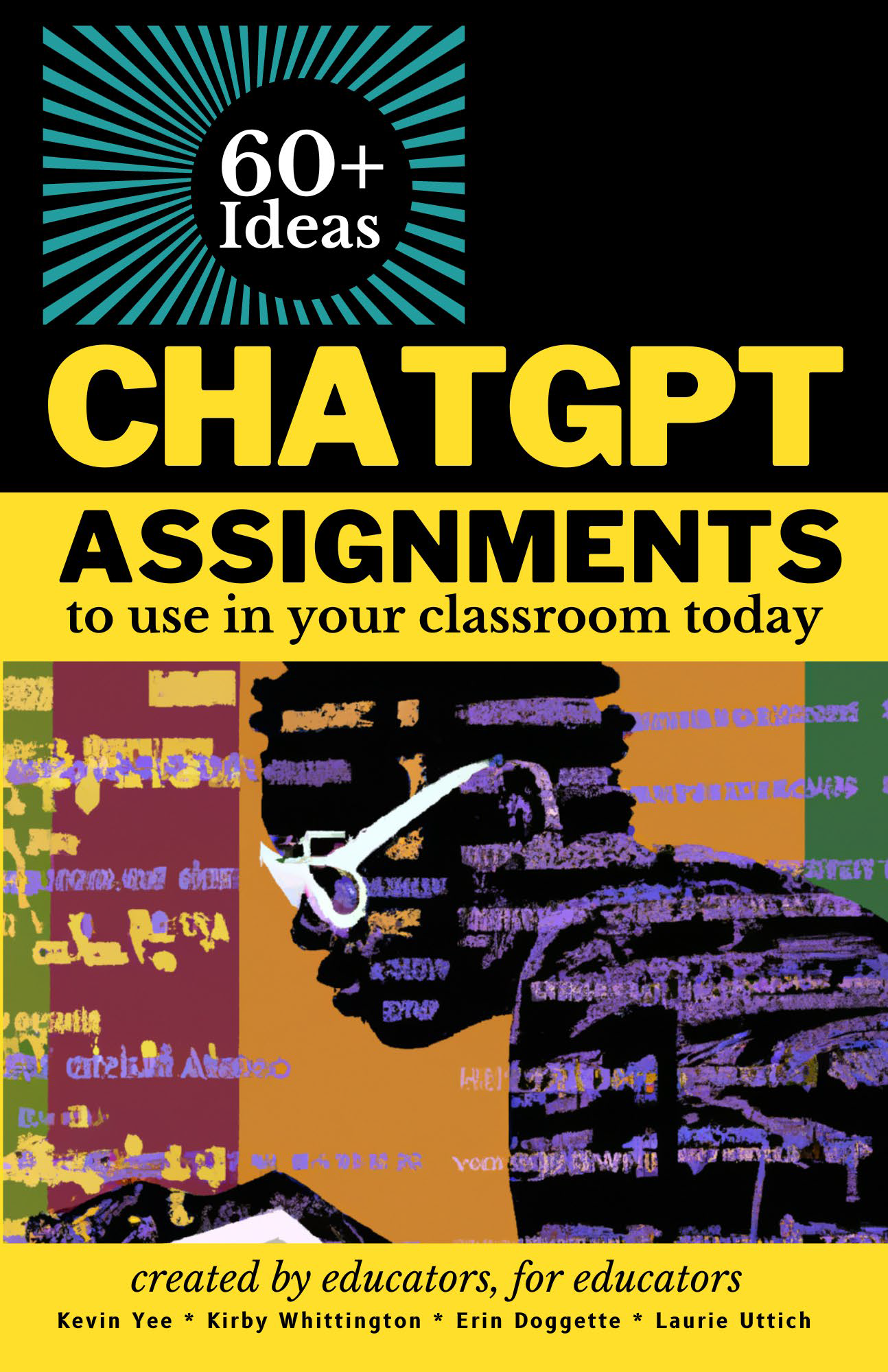Authored by Kevin Yee, Kirby Whittington, Erin Doggette, and Laurie Uttich from the University of Central Florida, 60+ Ideas for ChatGPT Assignments (.PDF), aims to explore the educational implications of ChatGPT and similar Large Language Models (LLMs) in the classroom setting.
Here’s what you need to know.
What is ChatGPT?
ChatGPT is a Large Language Model (LLM) that has taken the world by storm. While it can generate answers and assist in various tasks, it’s crucial to remember that it is not always accurate. The authors emphasizes that ChatGPT should not be blindly trusted, especially in academic settings.
Challenges and Opportunities
The advent of ChatGPT presents both ethical and practical challenges. For instance, the ease with which students can obtain answers to multiple-choice questions or even entire essays poses a significant challenge to academic integrity. However, the authors argue that instead of resisting this change, educators should adapt to the AI era.
A New Mindset for AI
Both students and instructors need to adopt a new mindset that acknowledges the availability and inevitability of AI in educational settings. This involves rethinking traditional assignments and tests in the context of readily available AI tools.
Components of AI Fluency
The document outlines seven key components for achieving AI fluency:
- Understanding how AI works: Know the capabilities and limitations of the AI tools you are using.
- Deciding when to use AI: Exercise judgment about the appropriateness of using AI in various contexts.
- Valuing AI: Appreciate the potential benefits and drawbacks of AI.
- Effective Prompt Engineering: Learn how to ask the AI the right questions to get the desired output.
- Evaluating AI Output: Critically assess the information provided by AI.
- Adding Human Value: Understand how to add value to AI-generated content.
- Digital Adaptability: Be prepared to adapt to new AI tools and technologies as they emerge.
Practical Assignments
The document also offers a variety of assignments that leverage ChatGPT for educational purposes. Here are just a few examples:
- ChatGPT as a Thesaurus: Students are encouraged to use ChatGPT to find synonyms or antonyms for specific words. This assignment aims to familiarize students with ChatGPT’s capabilities in language enhancement.Sample Prompts:
- “Define misanthrope.”
- “Give me five sophisticated synonyms for foul-smelling.”
- “What is the opposite of altruistic? Provide six examples.”
Writing: Improve Connections between Claims and Evidence: Students must state a claim, provide support, and then use ChatGPT to analyze the validity of their claim in terms of how universal their assumptions are.
Sample prompts:
- “Analyze my argument about climate change for assumptions that may not be universal.”
- “Cost of Living Adjustments (COLA) seems to offer minute incremental increases in salaries and wages that don’t allow individuals to truly keep up with inflation, but the government continues to offer them as some sort of noteworthy contribution. Many citizens are still living below the poverty level, while the rich seem to keep getting richer. Analyze this claim for assumptions that not everyone may share.”
Elaboration and Expansion: Students are asked to use ChatGPT to elaborate on specific topics, such as the causes of macular degeneration or the pros and cons of offering free healthcare in the United States.
Sample Prompts:
-
- “Please elaborate on the causes for macular degeneration.”/ “Elaborate again.” / Elaborate again.”
- “Expand on the idea of offering free health care in the United States by offering pros and cons.” / “What are the pros and cons of offering free health care in the U.S.” / “Expand more.”
- “Which is better, organizing my closet by color-coding or grouping my clothes by type? Use compare and contrast to answer.” / “Offer a different scenario via compare/contrast.”
Final Thoughts
60+ Ideas for ChatGPT Assignments (.PDF) serves as a roadmap for educators to integrate AI into their curriculum responsibly. It offers both theoretical insights and practical solutions, making it a must-read for all instructors.











